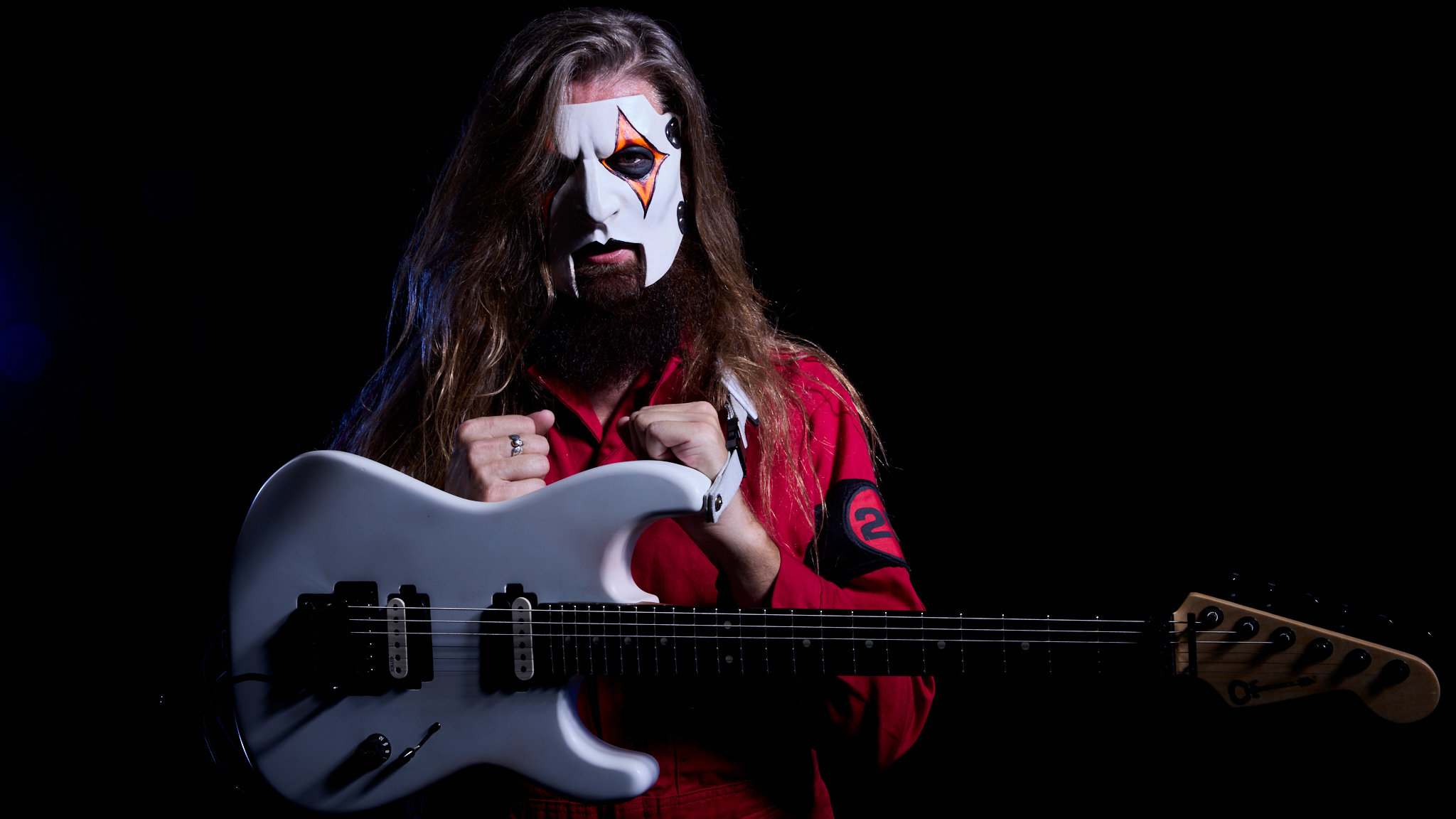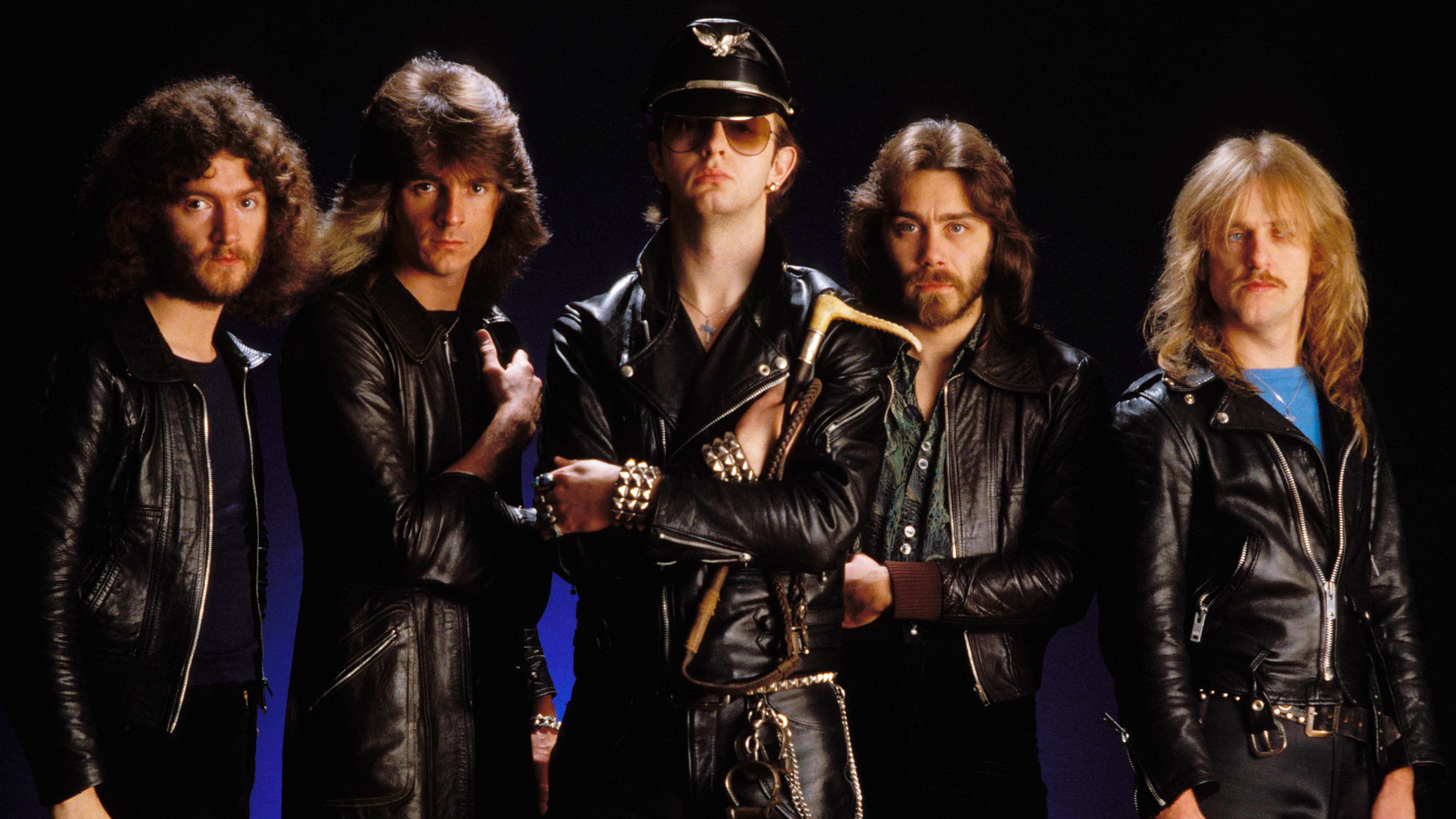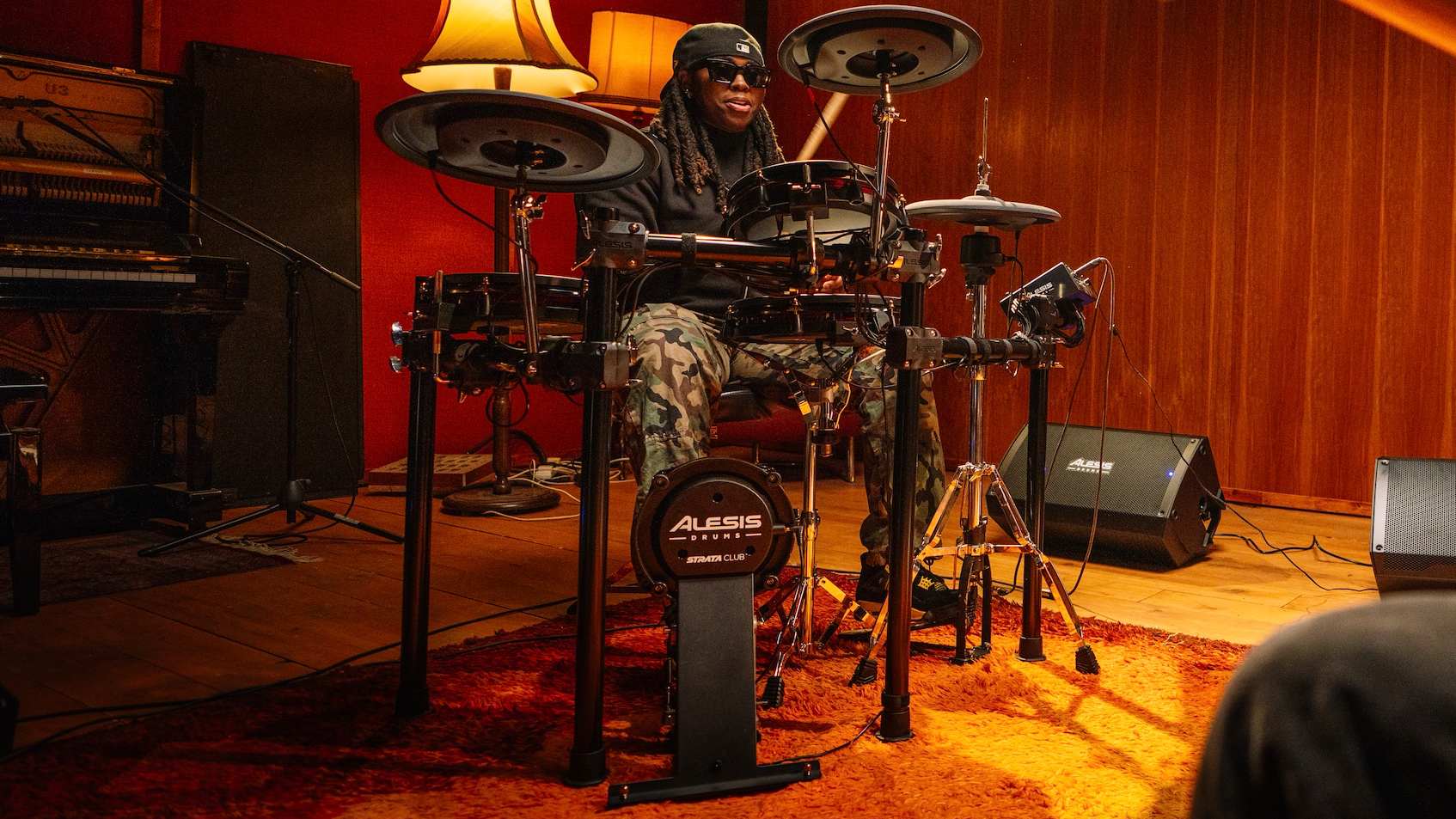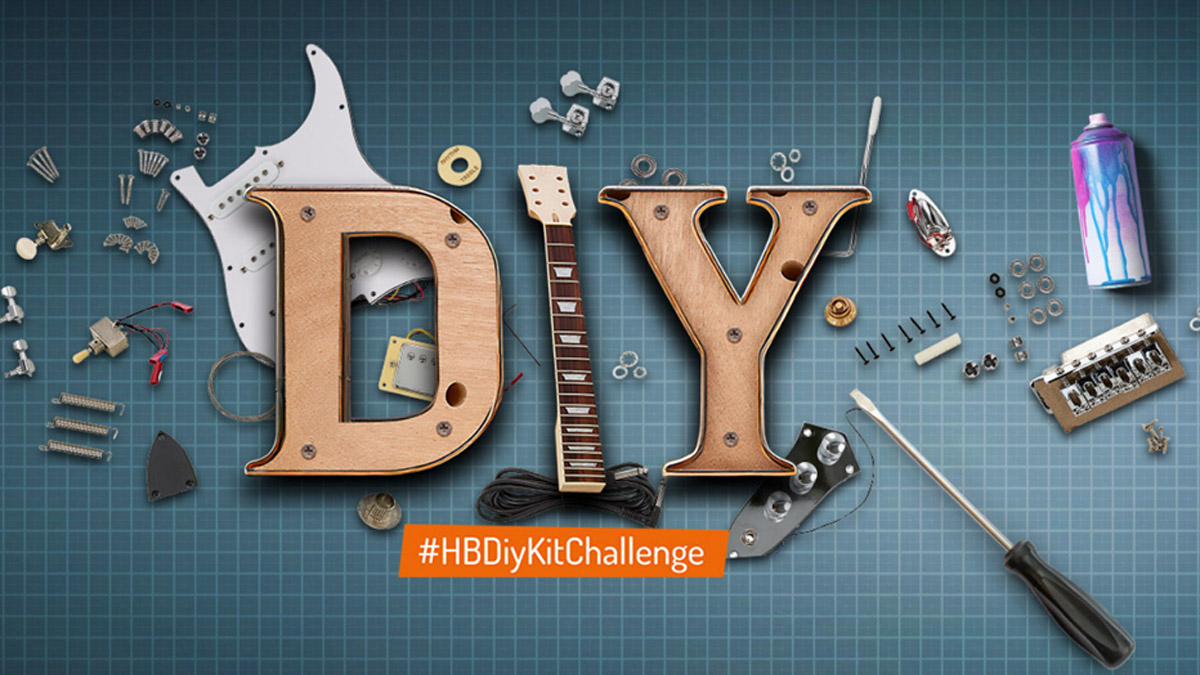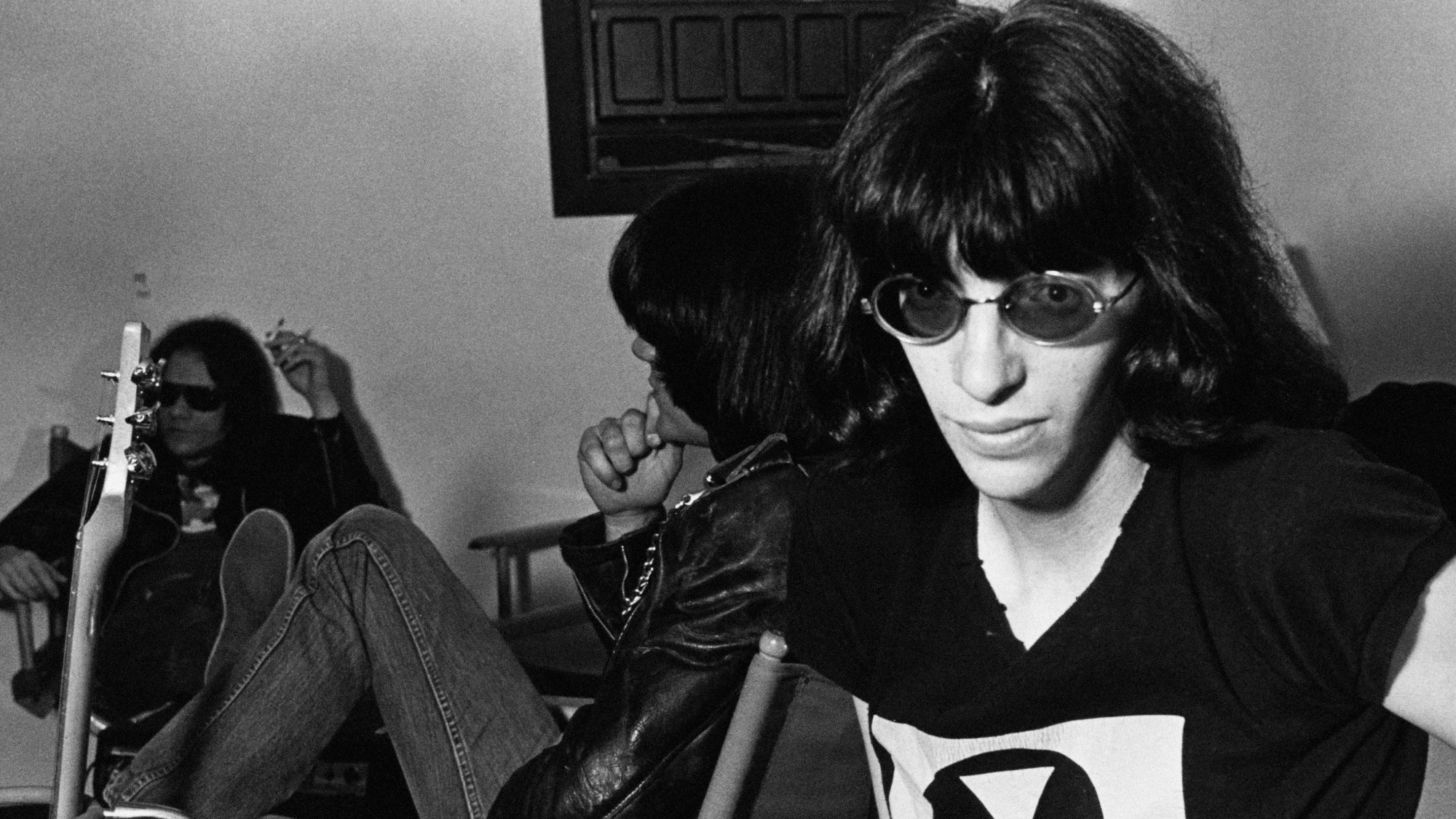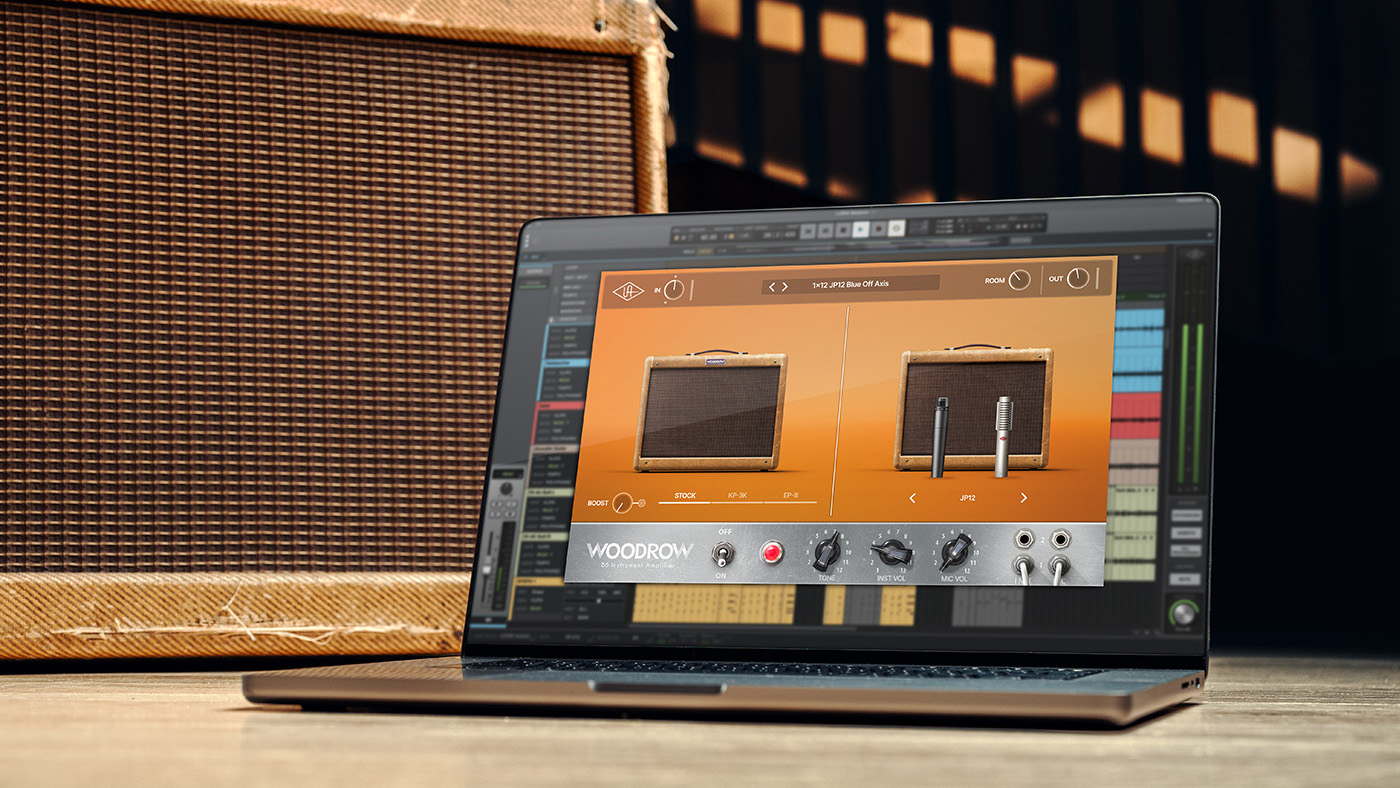Brothers Osborne’s John Osborne: “We’re constantly dangling that carrot of perfect tone in front of our face but we never actually get there”
The rapidly rising country guitarist discusses his playing evolution and taking flak for speaking out
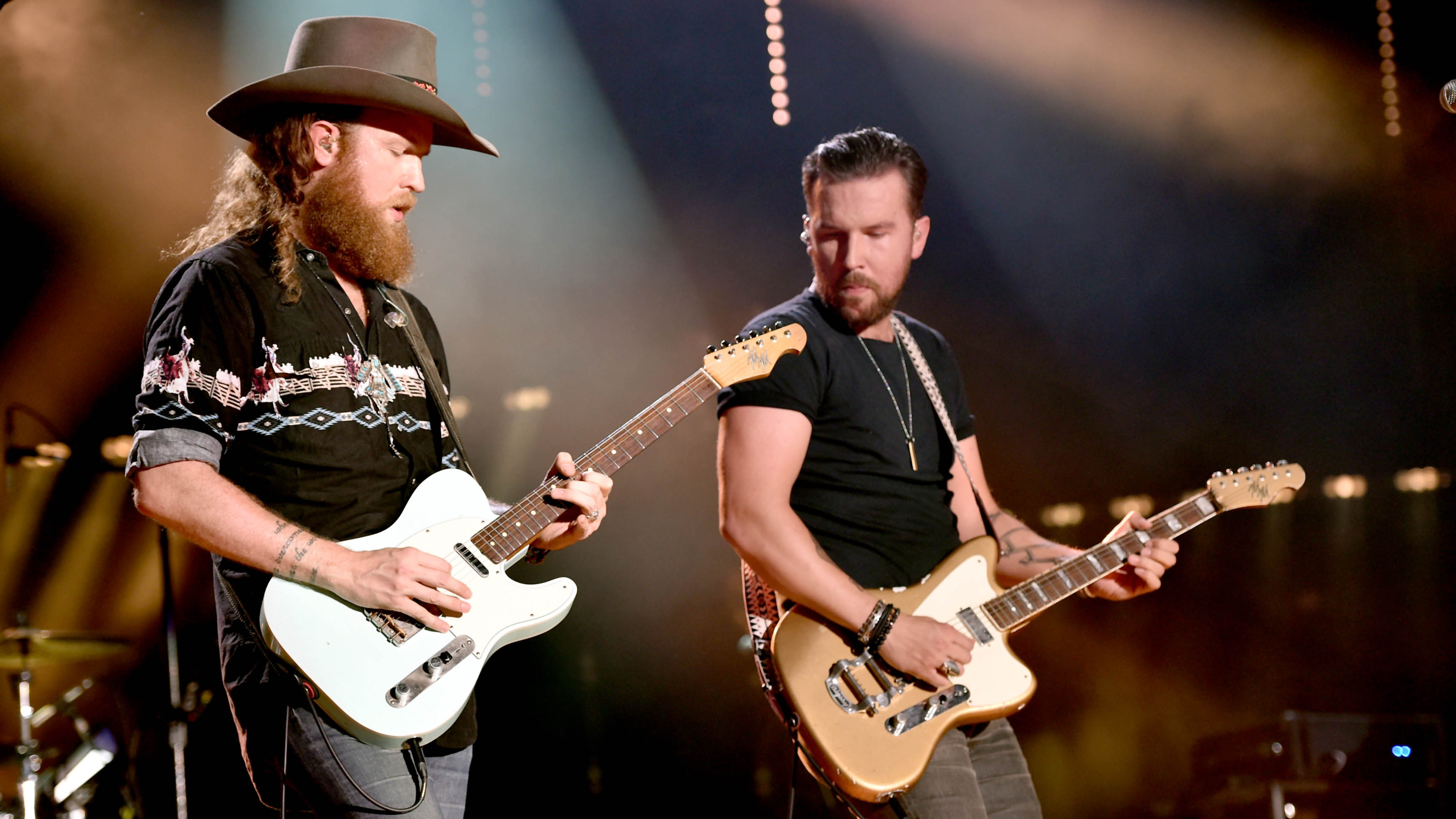
John Osborne is the guitar-slinging, outspoken, bearded half of Maryland-born country-rock stars Brothers Osborne. Together with his brother and vocalist TJ, the pair have bagged multiple awards, provided a six-string shot in the arm for country and, now, prepare to release their second Jay Joyce-produced album, Port Saint Joe.
On the day of our conversation, we find the blues-infused guitarist in a reflective mood, fresh from attending the opening of an exhibit featuring his clothes and instruments at the Country Music Hall of Fame.
“My brother and I used to work at the Hall Of Fame, waiting tables,” John tells us. “I waited on the president [CEO], Kyle Young, pretty much daily, so to have him giving a speech for us and other artists was kind of cool.”
As bandmates, you and TJ have clearly defined roles as singer and guitar sideman. At what point in your lives did that relationship emerge?
“It was always like that. The second TJ hit puberty – which seemed to happen at a much earlier age than most people – he just had a voice, that ability to sing and have great tone.
I’d sit in class and while the teacher was talking, I’d drift off and think about scales and chords and parts
“I was a pretty quiet kid and if I was ever obsessed with something, I would just completely immerse myself in it. That’s what happened with guitar and I still am [immersed]. He has quite the frontman/singer personality and I had, at the time, an introverted guitar player personality and all I wanted to do was play guitar in bands. It was all I cared about. I’d sit in class and while the teacher was talking, I’d drift off and think about scales and chords and parts.”
How would you describe your approach to the guitar?
Get the MusicRadar Newsletter
Want all the hottest music and gear news, reviews, deals, features and more, direct to your inbox? Sign up here.
“I feel like for most guitar players you’re constantly on a journey. When I first picked up the guitar I was obsessed with the alt-rock music of the '90s, like Stone Temple Pilots, Nirvana and Pearl Jam. I was that kind of player, the rebellious shaggy-haired kid.
“Then the second I heard Stevie Ray Vaughan, everything changed, and I realised you could play like that. Then I went through a phase of Lynyrd Skynyrd and the Allman Brothers and a lot of Southern rock.
All of these gear manufacturers constantly put out this gear, saying they’re going to solve our problems of the tone we don’t like, but the truth is we’re never going to love it!
“Then around the end of high school, I heard a lot of great country players, people like Brad Paisley and Brent Mason. Then I got into the old style of country playing, people like [Merle Haggard guitarist] Roy Nichols and Don Rich. Then I got to Belmont [University in Nashville] and I hooked up with some bluegrassers. But the weave that tied them all together was blues music.”
What’s your main setup when it comes to guitars and amps?
“I kind of go back and forth. At the moment I have a big pedalboard and I hate it, but you’re constantly trying new things. I do love old amps. Out on the road I’ve got two Bassmans – a Blackface Bassman and a Blonde Bassman – and I run the Blonde Bassman into a 2x12 Bassman cab and it’s loud and it’s awesome.
“I love old guitars. I have an old ’68 Telecaster that I have out with me at the moment, as well as some other [T-style] guitars that Mario Martin out of Murfreesboro made for me and TJ [under his handcrafted Mario Guitars brand].
“As guitar players, we’re constantly dangling that carrot of perfect tone in front of our face but we never actually get there… All of these gear manufacturers get that and they constantly put out this gear, saying they’re going to solve our problems of the tone we don’t like, but the truth is we’re never going to love it!” [laughs]
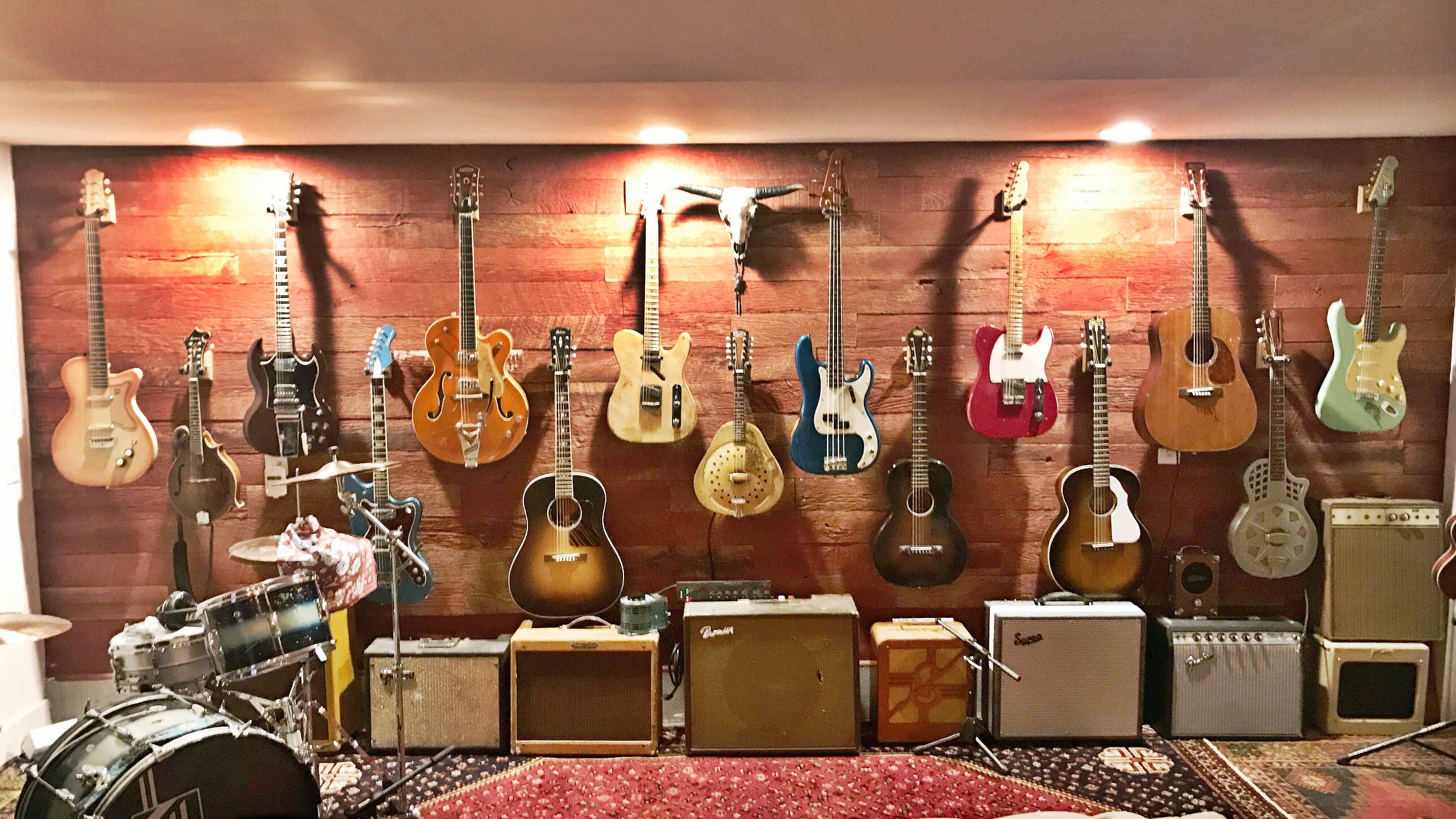
You recently mentioned how much you like Pre-War Guitars. Is that your go-to for acoustics?
“That’s what I’ve been using exclusively, lately. Pre-War Guitars are some of the best acoustic guitars being made right now. I haven’t really played anything that has as much tone and mojo as they do – you pick them up and they sound like they’re 80 years old. It’s insane.
“They torrefy the tops, so they bake them to get all the humidity out. Then it’s the way that they brace it. It’s scalloped and built to the spec of late-'30s Martins and I wanna say Gibsons – I have a J-45-type – as well. You just pick one up and it sounds like all the work has been done.
“They do distressing, too, which I really like, because there is something in that: when a guitar player looks down and sees the guitar is beat-up, it psychologically does something to you.”
Speaking of psychology… you’ve previously spoken about an argument during your first album sessions with your producer Jay Joyce, regarding the way he purposely pressured you to play. The results are positive, but what’s it like to endure?
There were moments where, as a guitar player, I was just relying on what I knew and Jay Joyce kept pushing me and pushing me and pushing me and, eventually, I kinda snapped
“Well, it’s not just me. He does it with everybody. But he takes you out of your comfort zone. He knows that if you’re comfortable, you’re going to rely on all of the things you already know and you most likely won’t push yourself to the brink of your ability or creativity.
“He doesn’t like anyone being comfortable. He has everyone in the studio share the same cue mix. He wants you to feel like you’re in a small, shitty club in middle America with a bad PA and no monitors. He wants everyone to play like your working for it.
“I guess there were a few moments where, as a guitar player, I was just relying on what I knew and he kept pushing me and pushing me and pushing me and, eventually, I kinda snapped. We got into a bit of a heated argument where we were throwing a lot of four-letter words around. He got me all worked-up, but then the next pass I played was the pass. He wanted me to be more aggressive, to get a bit more emotion out of it – and it worked!”
What are the moments on Port Saint Joe where Jay pushed you?
“It wasn’t quite as heated this time. I respect him enough that if he says it, I’ll do it, because I know the result is going to be something special. That definitely helps. But I would say the second track on the album, Shoot Me Straight. It’s a long jam. The song is almost seven minutes long and towards the end of it, it goes to a solo and then our version of a sort of David Bowie/Prince thing and then it goes into another solo.
“That song we tracked three times. [We recorded at Jay’s beach house and] the last day we were there, we had some friends out and cooked some crawfish. We’d all been drinking beer and a couple of dudes were getting stoned and Jay was like, ‘This is the time to do it. This is the time to perform it. You’re loose, there’s a crowd here. We’ll bring them in the studio and perform it for them.’ And that’s what we did. The solo, I played it as if I was performing live at a gig and that ended up being the take.”
You’ve become known for your willingness to speak out on a number of political issues, for instance, gun control. Why do you feel the need to directly address these topics when so many people with a profile do not?
“It was growing up with our mom and dad and the way that we were raised. We always stuck up for the little guy and the people around us and we were raised to be like that, so if we ever feel like there is an injustice, we will speak up about it.
“We came from a great family, but we didn’t really have any money, and when people are like, ‘You’re alienating people in your audience! We’re going to burn your CDs and abandon you!’ It’s like, well, fine! If we have to sacrifice that part of ourselves to be ‘famous’ then fuck it! I don’t care.
“We want to speak up for people and we want to do what’s right and we don’t want to sell ourselves short. We came from nothing; if we have to go back to nothing, we’re perfectly happy with it.”
There seems to be an unrecognised irony at play. Do you think there’s a disconnect between what people regard as free speech – of the type they defend – and what they perceive you to be doing?
There are people becoming more vocal about things than they used to be and I think this idea of the flag-waving, blindly patriotic country artist is not really like it is any more
“Yeah, well, everyone loves free speech until it challenges their own beliefs, don’t they? There is an element of ‘the land of the free’ but for some there’s this invisible asterisk that says ‘for some people, but not others’. I’m sure everyone thinks that their opinion is the right one, don’t they?
“I think it’s important to stay open-minded and well-read. We have friends with opposite beliefs politically, and they’re some of my best friends in the world. We argue over these things, but that won’t change the fact that they’re our friends. Even in our family, you know? We just open discussions about it, but we don’t let it tear us apart.”
Have you felt supported by the industry? And do you think we’ll see more artists in country music sharing political opinions?
“Our label or our management hasn’t once asked us to keep our mouths shut and, for that, we’re grateful. Honestly, a lot of people in the industry want to be more vocal than they are.
“The fact that we’re doing it, most people love it, because we’re saying a lot of the things that most people want to say but they haven’t necessarily framed themselves as the type of artist that does that. And we’re happy to talk for those people as well.
“I think country music right now has become a very diverse genre and the spectrum is super-wide, but in terms of people being outspoken and stating their beliefs fearlessly, Charlie Worsham is one, Maren Morris is another, and Kacey Musgraves.
“There are people becoming more vocal about things than they used to be and I think this idea of the flag-waving, blindly patriotic country artist is not really like it is any more. We all love our country and what it stands for. We love our fans, we love the whole thing, but we’re also going to call bullshit when it needs to be called. I think it’s about time that we do that.”
Port Saint Joe is out on 20 April via Snakefarm Records.
Matt is a freelance journalist who has spent the last decade interviewing musicians for the likes of Total Guitar, Guitarist, Guitar World, MusicRadar, NME.com, DJ Mag and Electronic Sound. In 2020, he launched CreativeMoney.co.uk, which aims to share the ideas that make creative lifestyles more sustainable. He plays guitar, but should not be allowed near your delay pedals.
“For some reason, the post office shipped your guitar to Jim Root of Slipknot”: Sweetwater mailed a metal fan's Jackson guitar to a metal legend
"No one phoned me. They never contacted me and I thought, 'Well, I'm not going to bother contacting them either'": Ex-Judas Priest drummer Les Binks has died aged 73


